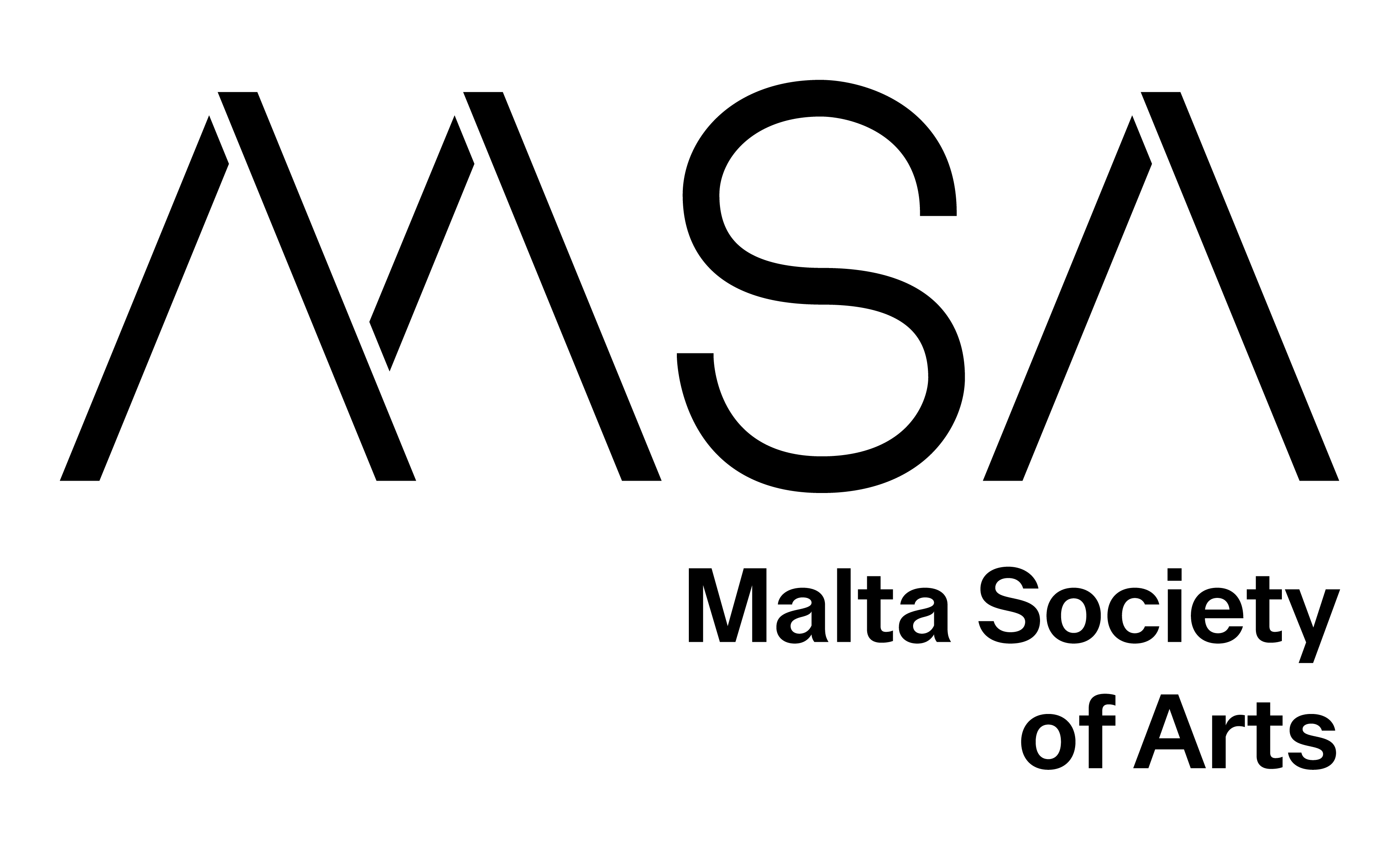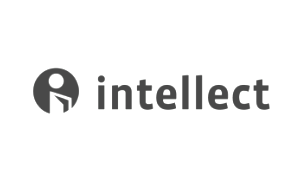In this artist talk, I will present and discuss our multimedia project, Raaz (Farsi: راز), which is a bioart installation that creates a poetic, meditative space with transmedia embodied representations of a canonical poem on love and transformation by 14th century Persian Sufi poet, Hafiz. At the center of the project is a poetry-infused bottle of transgenic wine surrounded by a constellation of large-print microscopic images of genetically modified yeast that are used to make the wine and whose genome includes an encoding of the poem. A distributed audio track that combines the reading of the poem in Farsi and English, its morse code representation, and bass flute music surrounds the installation. Audience members encounter the poem in several distinct translated forms. The poetry-infused wine at the center of the installation was fermented using genetically-modified yeast cells whose DNA was modified using synthetic biology methods to include an encoded version of the poem. I created the wine by (1) converting the poem into a viable DNA sequence, (2) having the DNA sequence synthesized and inserted into a plasmid (a circular DNA capable of propagating the inserted DNA in cells), (3) transforming living yeast cells using the plasmid and verifying that their DNA carries the correct code, and (4) growing the transgenic yeast and using it to ferment grape juice into wine.
Wine and fermentation have a long history as powerful and controversial metaphors in Sufi poetry. One common interpretation of fermentation is a metaphor for spiritual transformation that turns grapes (human potential) into wine (transcendent spirituality). Another layer of complexity surrounds these metaphors since drinking alcohol is prohibited in Islam. Therefore, drinking or making wine also symbolizes forbidden and subversive acts of transcendence that deviate from conservative interpretations of religion. By being situated in an ambiguous space open to multiple interpretations, Sufi poetry has been resilient against prosecution and censorship. While many texts with references to wine were censored in Iran following the 1979 revolution, Hafiz’s poetry was not subject to such measures.
Raaz means “secret” or “mystery” in Farsi, and I use it to refer simultaneously to the invisibility of the poem encoded in the yeast cells’ DNA sequence and the ambiguity of the metaphor of wine, as both a spiritual and a material concept—and as both sacred and taboo. Raaz is part of a tradition of bioart that explores the significance of storing text in biological organisms (such as Baitul Ma'mur: House of Angels (2021) by Sarah Khan and Joe Davis) and extends earlier bioart projects, such as Eduardo Kac’s Genesis (1999) by engaging with an additional ethical dimension: Sufi poets used the taboo concepts of wine and winemaking as metaphors for dangerous but necessary spiritual transformation. By turning the metaphor of wine into material reality, Raaz’s engagement with the process of winemaking parallels the ethically ambiguous practice of genetically modifying living organisms. Raaz further contributes to diversifying bioart by bringing in a non-Western perspective to a space dominated by Western perspectives.
Foad Hamidi is an Assistant Professor in Information Systems at the University of Maryland, Baltimore County (UMBC), and faculty in the Human-Centered Computing (HCC) program. He is the director of the Designing Participatory Futures (DARE) lab and conducts research in transdisciplinary community engagement and the participatory design and evaluation of emerging systems, including digital living media interfaces that combine digital and living components. An important aspect of his work is understanding how emerging technologies can be subverted and appropriated in different contexts to reflect and amplify sociocultural community values and assets. His engagement with bioart and biodesign follows from these interests and commitments.
Back







